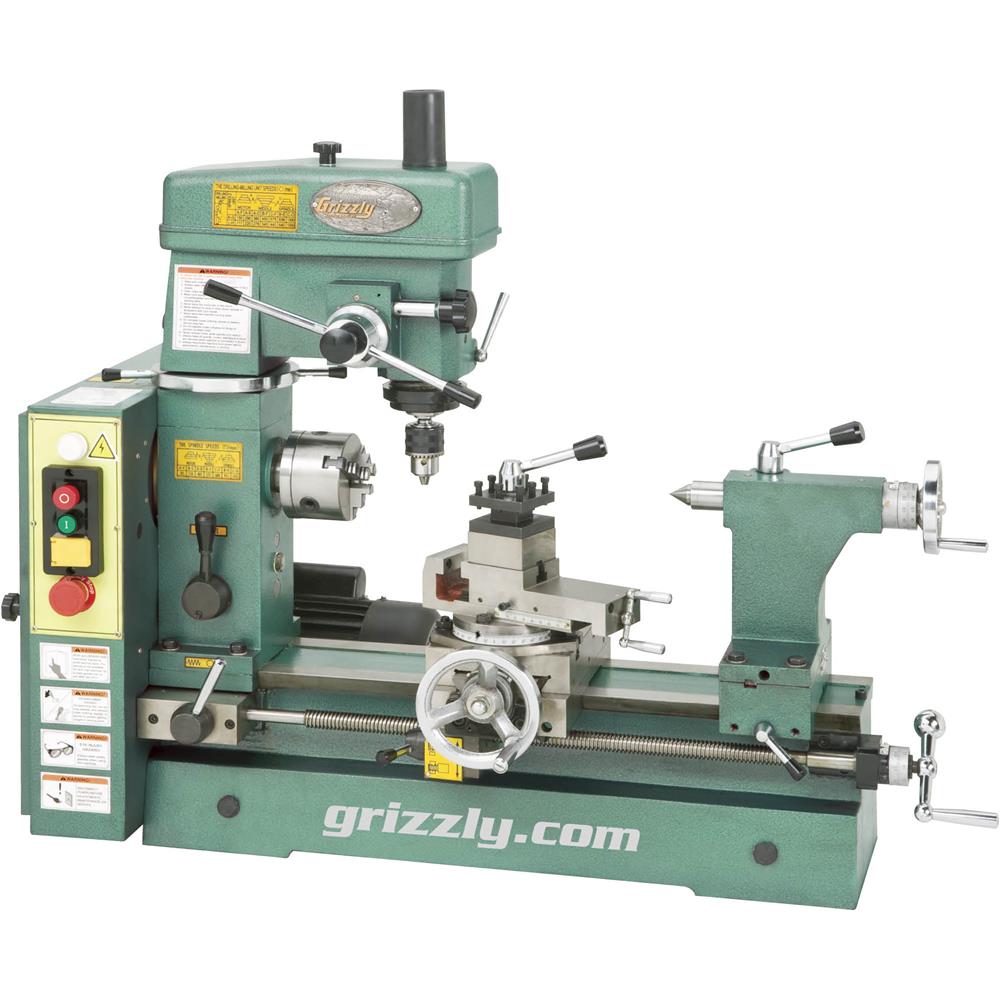That's the dime tour of some basic lathe operations. There's a lot more to learn! I've been doing this for 25+ years and I still learn new stuff all the time.
I tried to avoid a lot of terminology and I completely ignored the controls on the lathe (on purpose). Ultimately you'll want to pick up on the terminology, if only so you can understand what you might read or see. Lathe controls are another matter, and I ignored them because they're not very standard. Having a clutch lever (the thing that starts the lathe and determines the direction the chuck will spin) is about the only constant (and there's probably something out there that does it another way). But speed and feed and threading settings can look a lot different on different machines.
If you have specific questions, I'd be happy to answer as I can.
YMMV, I have taken a single formal machining class and didn't get a lot out of it. I'll reiterate that eventually you really just need 'seat time' - the more you practice, the better you'll get. You can learn theory until you're blue in the face and still not be able to do anything with that information if you haven't put in the hours ruining perfectly good pieces of material. ;-)
While I recognize the point
@Firewalker was making, I strongly disagree
for a hobbyist. HSS has almost no place in a professional setting, or only a very, very, specialized place. In the home shop, however, labor is "free" and being able to grind your own cutters gives you a versatility that you will not achieve any other way. I probably have more quality insert tooling than most home shops and I still grind HSS all the time. I see hobby machinists on other boards frequently ask about how to do something that would be simple if they knew how to make a cutter. I think about grinding the same way I think about threading (there are a lot of lathe owners that are terrified of threading) - they're giving up half of their capabilities.
Tools. I'd steer clear of Harbor Freight or Vevor for the machine itself. Grizzly is a minefield of varying quality levels. I have known several people that own the Grizzly G4003 and it seems like a good machine. Generally, the bigger the Grizzly machine, the better the quality. Precision Mathews has a very good reputation, but I can't vouch for them personally. Old US iron is great, but can be hard to find depending on your location, and buying used is always risky until you have some experience. There are a lot of pretty trashed machines out there. I started out with a 3-in-1 machine (Smithy) and while I don't entirely regret it, I was upgrading within a couple of years. I'd suggest avoiding combo machines and starting with a lathe, then adding a mill. The book "The Amateur's Lathe" by Sparey is excellent and will show you a lot of ways to do milling type operations on a lathe.
Much of this is *my* opinion, and I'm not going to engage in any heated debates on the subject - I've said my piece. I am happy to clarify or answer questions. Rest assured someone will come along and disagree with everything I've said. That's fine. These are my thoughts.
GsT
